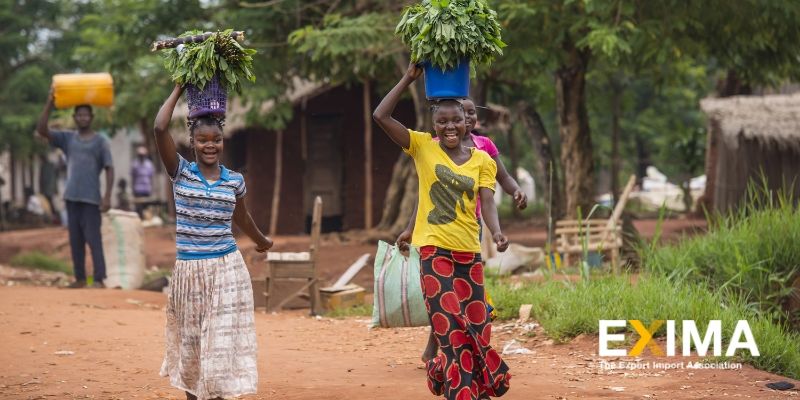In March, the Democratic Republic of the Congo became the seventh member of the East African Community (EAC). At a summit for heads of state of the EAC, Kenya's President Uhuru Kenyatta (the current chairman of the summit) said that the DRC had met the criteria for admission. DRC President Felix Tshishekedi called it a historic day and pleaded to set up a new organ in the EAC focused on mining, natural resources, and energy. He wants its base to be in Kinshasa, the largest city and capital of the DRC.
Inside the Bloc
Members of the EAC are now Burundi, Kenya, Rwanda, South Sudan, Tanzania, Uganda, and the DRC. The DRC applied for membership in 2019 and sought to take advantage of the preferential trade deals and free movement of people within the community. With the DRC as a member, its 90 million citizens will make the EAC account for 300 million people and have a GDP of $250 billion.
DRC will have better access to ports, such as the Mombasa and Dar es Salam port to the Indian Ocean inside the bloc. If the DRC improves its transport infrastructure, it can give other members access to the Atlantic sea; currently, the country has terrible transport links and relies heavily on air to get things across the country. Tariffs on goods made in DRC will be eliminated or significantly reduced within the bloc, and transporting them will be cheaper.

A hindrance to DRC's trade is its insecurity. The country is battling many rebel groups. In December 2021, the government had to ask Uganda for assistance in fighting the Allied Democratic Forces (ADF), one of several armed groups in the resource-rich east.
What’s Next for DRC
DR Congo is blessed with vast mineral wealth. It has diamonds, gold, copper, cobalt, and rare earths. It also shares borders with all EAC members, except for Kenya. DRC is also a member of the Southern African Development Community (SADC) and the Common Market for Eastern and Southern Africa (COMESA) regional blocs.
The next step is for Congolese lawmakers to ratify the EAC laws and regulations for them to come into effect. The country has until September to ratify the treaty and align its internal organs with EAC requirements, particularly the Customs Union and the Common Market protocols. DRC will also have to integrate the EAC's trade infrastructure, intermodal connectivity, one-stop border posts, and trade systems.
Stay Tuned with EXIMA News
EXIMA News is your go-to place for all the latest import/export information and news. Subscribe to our newsletter today!









